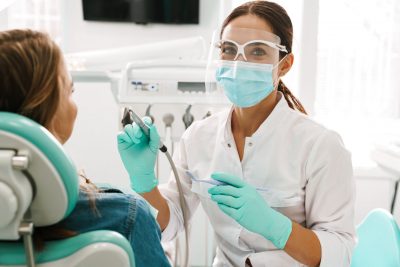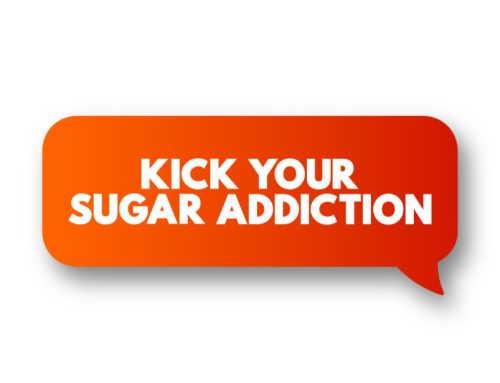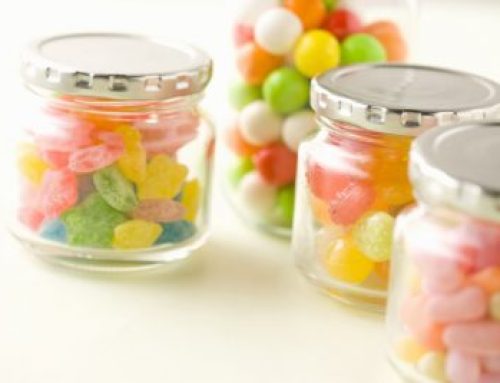 I had my tooth extracted, what should I do now?
I had my tooth extracted, what should I do now?
Just relax the whole day. You can also engage in light exercise if you can, but ensure you spend lots of your time resting. What’s more, keep your head up to prevent any bleeding incidences.
Any precautions to take into account?
It is highly recommended that you don’t drink or consume anything until the anesthetic subsides. This is because you are highly unlikely to feel any pain, and the food can potentially scold your mouth without you even knowing. What’s more, be careful with how you chew food, to ensure you don’t bite against your cheek.
While resting, make sure your head is raised fairly high for the first night using a raised pillow. In case you are bleeding, use an old pillowcase, or you can also wrap your old towel over the pillow.
Is it advisable to rinse out my mouth?
You shouldn’t rinse your mouth during the first twenty-four hours. Take your time to allow the area to heal, ensuring you don’t cause any damage to the blood clot. Eating on the affected tooth or allowing your tongue to disturb the clot could cause damage to the area, leading to bleeding.
What else should I avoid?
If you are an alcohol enthusiast, you should stay away from it for the first 24 hours. In case you didn’t know, alcohol will not only promote bleeding, but may also derail healing. As already explained, you should only consume lukewarm food, but make sure you don’t chew anything on the affected tooth.
Should I continue brushing?
Keeping your mouth clean is essential, but it’s even more important after tooth extraction. Of course, you must be extremely careful with your brushing, ensuring you don’t cause any damage to the extraction area.
If the extraction site bleeds, what should I do?
First and foremost, it’s important to remember that you may experience mild bleeding during the first 24 hours. However, many patients are always concerned about the extent of bleeding though. The reason why the bleeding might appear intense is that the small amount of blood combines with a relatively large amount of saliva, creating the impression that you are shedding lots of blood. Of course, if you don’t stop bleeding after a few hours, don’t hesitate to contact your healthcare provider.
So, how soon can I resume cigarette smoking?
We already explained that you need to be very careful about how you take care of your tooth. In this regard, anything that is likely to boost your blood pressure, leading to increased bleeding should be avoided. Simply put, don’t smoke for as long you can, following a tooth extraction!
What can I do to help my mouth after an extraction?
Everybody is different and people will always heal differently after having their teeth removed. To enhance the healing process, keep your mouth as clean as possible, ensuring the area is free from any food or debris. Don’t rinse the rea for the first 24 hours to give it ample time to begin the healing process.
During this period, it is only recommended that you use a salt-water mouthwash to help speed up the process of healing. A spoonful of salt in a glass of lukewarm water gently rinsed around the affected area at least two times daily should help clean and heal the site. Continue doing this for at least one week! What’s more, a healthy diet and perhaps vitamin C supplementation should help speed up the healing process.
My tooth is aching a lot, what should I take?
As with any type of wound, you may experience some tenderness in the extraction site for a couple of days. On most occasions, pain relief medications available over-the-counter should help alleviate most of the pain. Of course, you should only stick to your healthcare provider’s instructions regarding what pain relief medications to use. However, you should stay clear of aspirin, as it could potentially make your mouth bleed.
What types of medication should I avoid?
We have already explained, always follow your doctor’s instructions when it comes to your choice of medications. Aspirin should be avoided because it can trigger bleeding. Also, ulcer patients should not use Ibuprofen-based medications.
The pain just can’t stop! What could it be?
Because the extraction site is an open wound, there is always a chance it could get infected. This mostly happens where there is little to no blood clot in your tooth socket, forcing the bony socket walls to get exposed hence attracting infection. This is known as a dry socket can cause lots of pain.
You should see your dentist immediately should you experience something like this! Your dentist will likely prescribe antibiotics to help alleviate your pain. Also, you may feel the sharp edge of the socket with your tongue and small pieces of bone can sometimes work their way onto the socket’s surface, all of which are perfectly normal.
Will I need to schedule another appointment with my dental team?
Unless your tooth extraction was somewhat problematic, you won’t have to see your dentist a second time. With difficult extractions though, you may need a second visit to allow your dentist to assess the area or to perhaps remove any stitches in case they were required!
If you are looking for a dentist, HPS Advanced Dental Care would love to see you. Dr. Heather is gladly accepting new patients.
We are located at 4741 24 Mile Rd. Shelby Township, MI 48316, and we can be reached at (248) 652-0024. We look forward to meeting you!





